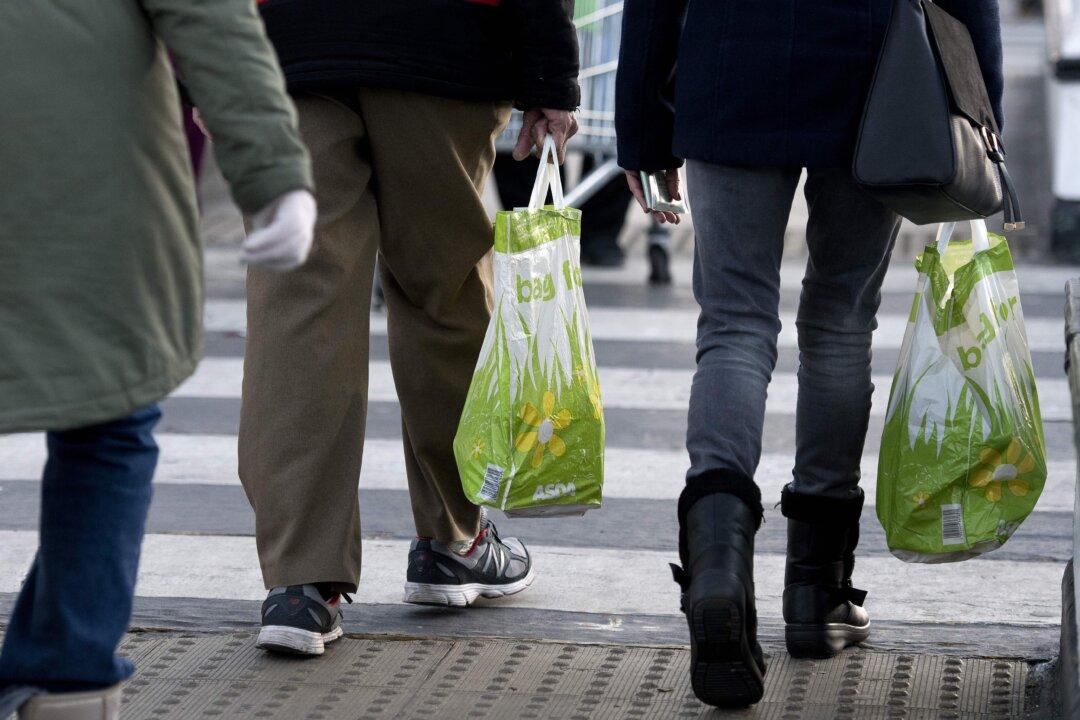A ban on single-use plastic bags across Washington state intended to encourage customers of retailers, markets, and grocery stores to use their own reusable bags when shopping took effect on Oct. 1.
The ban passed the state Senate in March 2019, and it was originally scheduled to begin at the beginning of 2021, but it was delayed due to supply chain issues during the COVID-19 pandemic.




